13 Remedies To Treat Diaper Rash In Babies & Prevention Tips
Feeling miserable won't help soothe the discomfort and pain, but these tips will.

Image: Shutterstock
Diaper rash is quite common in infants and is not a cause for concern. Diaper rashes develop due to your child being in wet or tight diapers for too long, resulting in red rashes all over your baby’s genital or bottom. Mild diaper rush can be treated at home with a couple of remedies that can get rid of these rashes in a jiffy and avoid it from getting worse. In this article, we delve deeper into what is a diaper rash, its causes, and how to treat it at home. Scroll down to read further.
In This Article
What Is A Diaper Rash?
A diaper rash is a general term used to describe the irritation that occurs in the diaper-clad areas in infants. It is also referred to as diaper dermatitis and is one of the most common kinds of contact dermatitis.
Let us now look at the causes of these irritating rashes.
What Causes A Diaper Rash?
There are several factors that lead to the development of a diaper rash.
The first and foremost cause is contact dermatitis. If wet or used diapers are in contact with your baby’s skin for too long, it can lead to the formation of rashes.
The second main cause of these rashes is a skin infection. Bacteria and fungi are a common cause of skin infections, which lead to a diaper rash.
Other than these, certain allergic reactions also cause diaper rashes, but such reactions are less common.
Depending on the cause of diaper rashes, they are classified into different types.
- Irritant Dermatitis: When your baby’s skin is in constant contact with wet diapers, it results in rashes, and the condition is called irritant dermatitis.
- Candida Dermatitis: Yeast growth is a common occurrence in a wet and moist environment. And diaper-covered skin is one of the best places for yeast growth. This causes fungal infections, leading to rashes on your baby’s skin. The rashes that develop as a result of yeast/fungal infections are termed candida dermatitis.
- Bacterial Dermatitis: When bacterial infections cause skin irritation or rashes in the diaper-clad region of your baby’s skin, it is referred to as bacterial dermatitis.
- Allergic Dermatitis: If the diaper rashes on your baby are a result of some allergic substance on your baby’s diaper or skin care products, it is referred to as allergic dermatitis.
Any of these factors could be the culprit behind the onset of diaper rashes on your little one. Diaper rashes are also often accompanied by irritating symptoms that can make your infant quite uncomfortable.
Symptoms Of A Diaper Rash In Babies
The most common symptoms of diaper rashes are:
- Redness in the affected area
- Small blisters
- Formation of tiny pimples on the affected area
- Peeling of the skin
Diaper rashes could be quite irritating and painful for your little one and hence need immediate attention. Given below is a list of home remedies that can help relieve diaper rashes in the most effective and natural way possible.
How To Treat Diaper Rashes Naturally
- Coconut Oil
- Baking Soda
- Oatmeal Bath
- Essential Oil
- Epsom Salt
- Apple Cider Vinegar
- Yogurt
- Aloe Vera
- Breast Milk
- Grapefruit Seed Extract
- Petroleum Jelly
- Cranberry Juice
- Shea Butter
Best Natural Remedies For Diaper Rashes
1. Coconut Oil
You Will Need
1 /2 tablespoon of 100% natural coconut oil
What You Have To Do
- Wash your baby’s bottom with warm water and pat it dry.
- Take some coconut oil in your palms.
- Massage this gently on the affected area.
How Often You Should Do This
Do this 1-2 times daily.
Why This Works
Coconut oil is one of the safest and most natural remedies for diaper rashes. While the saturated fats in coconut oil help in keeping your baby’s skin soft and moisturized, its antibacterial, antifungal, and antiviral properties help treat the rashes (1), (2).
2. Baking Soda
You Will Need
- 2 tablespoons of baking soda
- 4 cups of warm water
What You Have To Do
- Add baking soda to warm water and mix well.
- Use this water to wash your baby’s skin.
- Allow it to dry without using a towel.
How Often You Should Do This
Do this once daily.
Why This Works
Baking soda, also known as sodium bicarbonate, not only neutralizes acids with its basic nature but also balances the pH of your baby’s skin. This can help combat microbes such as bacteria and fungi that are the common causes of diaper rashes (3), (4).
3. Oatmeal Bath
You Will Need
- 1 tablespoon of dried oatmeal
- Water
What You Have To Do
- Add a tablespoon of oatmeal to your baby’s bath water.
- Allow your baby to soak in this water for 10-15 minutes.
- Pat dry.
How Often You Should Do This
You must do this twice daily.
Why This Works
Oatmeal contains high amounts of protein, which preserves the natural barrier of your baby’s skin. It also contains compounds called saponins that remove dirt and oil from the skin’s pores. Additionally, oatmeal exhibits anti-inflammatory properties, which can soothe the irritation and inflammation that accompany diaper rashes (5), (6).
4. Essential Oils
1. Frankincense Essential Oil
You Will Need
- 2-3 drops of frankincense essential oil
- 1 tablespoon of coconut oil
What You Have To Do
- Mix frankincense essential with coconut oil.
- Massage this mixture gently into your baby’s clean skin.
How Often You Should Do This
You can do this 1-2 times daily.
Why This Works
Frankincense oil has anti-inflammatory properties and can help in reducing swelling and skin irritation (7). It also possesses antibacterial and antimicrobial properties that can help in fighting the bacteria causing diaper rashes (8).
2. Tea Tree Oil
You Will Need
- 2-3 drops of tea tree oil
- 1 tablespoon of coconut oil
What You Have To Do
- Mix the essential oil with the carrier oil.
- Gently massage this mixture on the affected area.
How Often You Should Do This
Do this at least once daily.
Why This Works
Tea tree oil is widely used to treat a host of skin issues due to its antiseptic properties. The antibacterial, antiviral, and antifungal properties of tea tree oil make it one of the best essential oils to treat diaper rashes (9).
5. Epsom Salt
You Will Need
- 1/2 cup of Epsom salt
- Water
What You Have To Do
- Pour half a cup of Epsom salt in a tub of warm water.
- Allow your baby to soak in this water for 10-15 minutes.
How Often You Should Do This
Do this 2-3 times a week.
Why This Works
Epsom salt, also known as magnesium sulfate, exhibits powerful anti-inflammatory properties, owing to its high magnesium content. This helps in healing the inflamed and irritated skin at the site of the rashes (10).
6. Apple Cider Vinegar
You Will Need
- 1 teaspoon of apple cider vinegar
- 1 cup of warm water
- A clean piece of cloth
What You Have To Do
- Add a teaspoon of apple cider vinegar to a cup of warm water,
- Dip a clean piece of cloth in this solution and use this to wipe your baby’s bottom.
How Often You Should Do This
You can do this 1-2 times a day.
Why This Works
Apple cider vinegar is mainly composed of acetic acid, which is a natural disinfectant. In addition to this, ACV has antibacterial, antifungal, and antiviral properties and can be quite effective against diaper rashes (11), (12).
7. Plain Yogurt
You Will Need
Plain yogurt
What You Have To Do
- If your baby is ready for solids, make yogurt a part of his/her daily diet.
- Alternatively, you can also apply a thick layer of yogurt to your baby’s bottom.
How Often You Should Do This
You must do this on a daily basis.
Why This Works
Yogurt is anti-inflammatory and a naturally occurring probiotic that is found to be effective against a variety of yeast and microbial infections (13), (14). These properties make it a great home remedy to treat diaper rashes.
8. Aloe Vera
You Will Need
1-2 teaspoons of aloe vera gel
What You Have To Do
Take some aloe vera gel on your fingertips and apply it the affected area.
How Often You Should Do This
You can do this 2-3 times a day.
Why This Works
Aloe vera has been used for ages for its healing properties. It can soothe your baby’s irritated and inflamed skin with its anti-inflammatory nature (15), (16). Aloe vera also possesses antimicrobial properties that can kill the bacteria causing the diaper rashes (17).
9. Breast Milk
Breast milk is one of the simplest and safest options to treat diaper rashes. You are already aware that breastfeeding your baby will improve your infant’s immunity against various diseases. This potential of breast milk can be exploited to heal diaper rashes as well (18).
Simply apply a few drops of breast milk to the affected area and allow it to dry.
10. Grapefruit Seed Extract
You Will Need
- 10 drops of grapefruit seed extract
- 1/2 cup of water
What You Have To Do
- Add the grapefruit seed extract to water.
- Spray this mixture on your baby’s cleansed bottom.
How Often You Should Do This
You can do this 1-2 times daily.
Why This Works
Grapefruit seed extract possesses powerful antimicrobial properties that can be highly effective against microbial infections that cause diaper rashes (19).
11. Petroleum Jelly
You Will Need
Petroleum jelly
What You Have To Do
- Wash your baby’s bottom with warm water and pat it dry.
- Apply a thin layer of petroleum jelly on the affected area.
How Often You Should Do This
You can do this twice daily.
Why This Works
Petroleum jelly is a natural moisturizer that exhibits anti-inflammatory and healing properties, which can help in healing diaper rashes. It also prevents further infection by restricting the entry of other microbes into your baby’s skin (20).
12. Cranberry Juice
You Will Need
2-3 teaspoons of cranberry juice
What You Have To Do
Feed your little one about 2-3 teaspoons of cranberry juice daily.
How Often You Should Do This
Do this once daily.
Why This Works
One of the main causes of diaper rashes is the exposure of your baby’s skin to urine. The high alkaline content of urine can irritate sensitive skin and cause rashes. Cranberry juice can neutralize the alkaline content of urine by balancing its pH (21), (22). It also possesses anti-inflammatory properties that can heal and soothe the inflamed skin around the rashes (23).
13. Shea Butter
You Will Need
Organic shea butter
What You Have To Do
Apply a thin layer of shea butter on your infant’s freshly cleaned bottom.
How Often You Should Do This
Do this twice daily.
Why This Works
Shea butter is a natural moisturizer. It also exhibits anti-inflammatory and analgesic properties, which can be beneficial in treating diaper rashes. It is also an analgesic and can relieve pain in the affected area (24).
In addition to these remedies, you must also follow the tips discussed below to avoid the recurrence of these rashes.
Tips To Prevent Diaper Rashes
- Change your baby’s diapers often
- Clean your infant’s diaper-clad area whenever you change his/her diapers
- Do not tighten the diaper too much around your baby’s skin
- Use a gentle detergent to wash your infant’s clothes
- Do not rub your baby’s skin. Always pat it dry
- Try keeping your little one’s skin as dry as possible
- Allow your baby’s skin to breathe by avoiding the use of diapers for as long as possible
- Wash your hands after contact with the rashes to avoid the spread of infection to other parts of your baby’s body
It is of great significance that you try to prevent or treat diaper rashes as early as possible to avoid further complications.
Long-Term Side Effects Of A Diaper Rash
Diaper rashes, when left untreated, can lead to drastic consequences. Some of the most severe side effects that arise when diaper rashes are left untreated for too long are as follows.
- Skin starts to peel immensely
- Rashes become worse
- Fever
- Pus oozes out of the rashes
- Candidiasis
Diaper rash is a kind of contact dermatitis that develops on diaper-clad areas of the body in infants and toddlers. Prolonged contact with wet or soiled diapers, infections, or allergic reactions may cause this kind of rash. Tiny blisters or pimples, redness, and peeling skin are common indicators of diaper rash. As it can be very discomforting and painful and even make way for infections, it is important to treat the rash as soon as possible for quick recovery. Home remedies like coconut oil, breast milk, yogurt, petroleum jelly, shea butter, and cranberry juice can be effective in getting rid of mild to moderate rashes.
Frequently Asked Questions
What are the best diaper rash creams?
It is best to use natural remedies like aloe vera gel and shea butter to treat diaper rashes. You can also apply vitamin A or D creams topically to heal the rashes.
How long do diaper rashes take to heal?
With proper care, diaper rashes can easily go away in two to three days. However, in some cases, they may take longer to heal.
What foods can cause diaper rashes?
If your baby is allergic to foods like dairy products, nuts, citrus fruits, or shellfish, he/she may develop a diaper rash.
Read full bio of Shaheen Naser




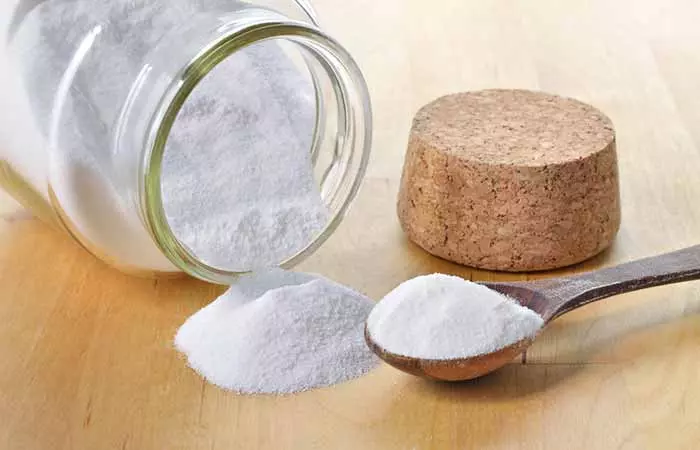
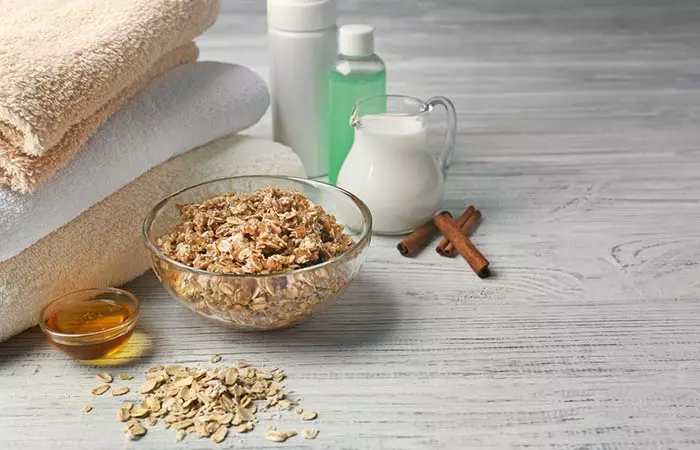
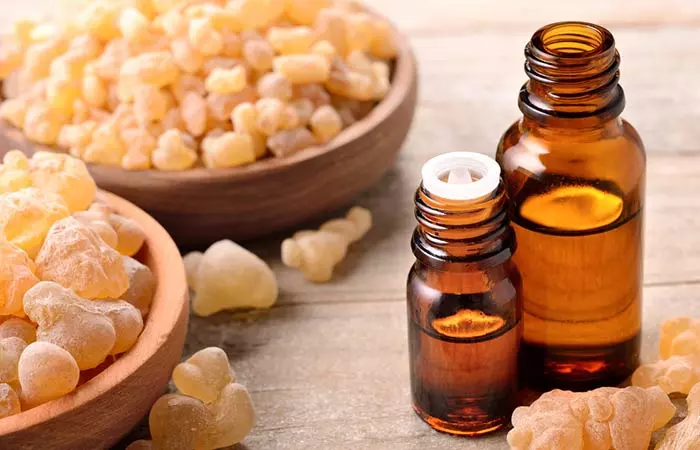

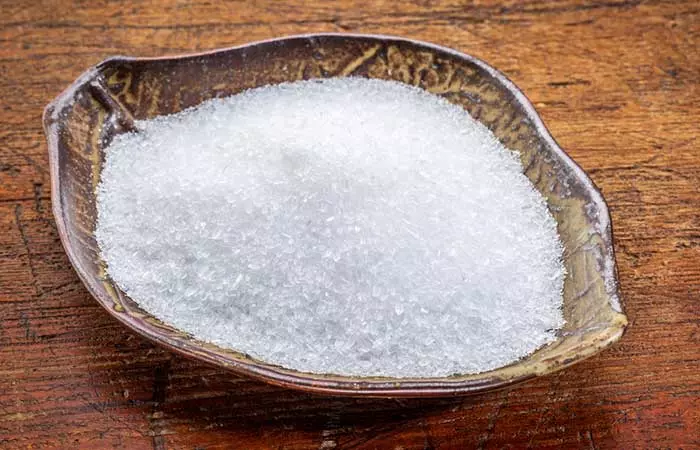
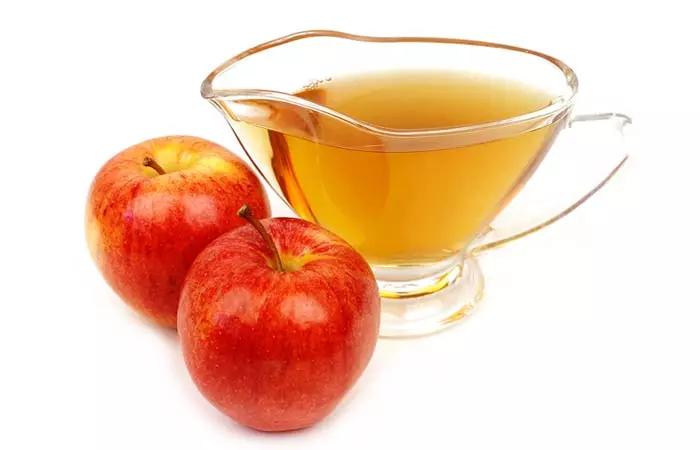
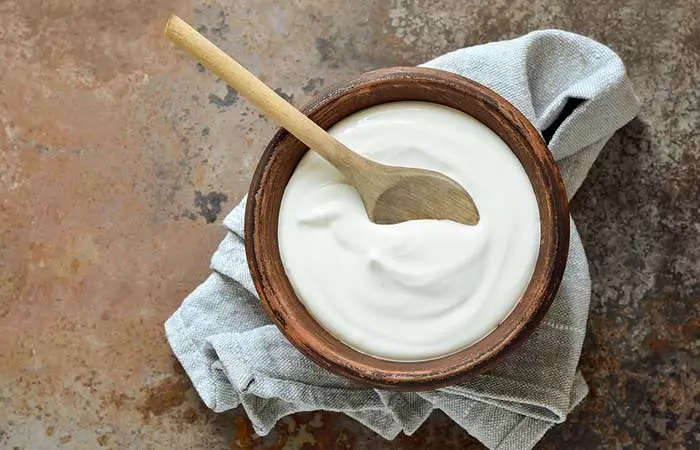
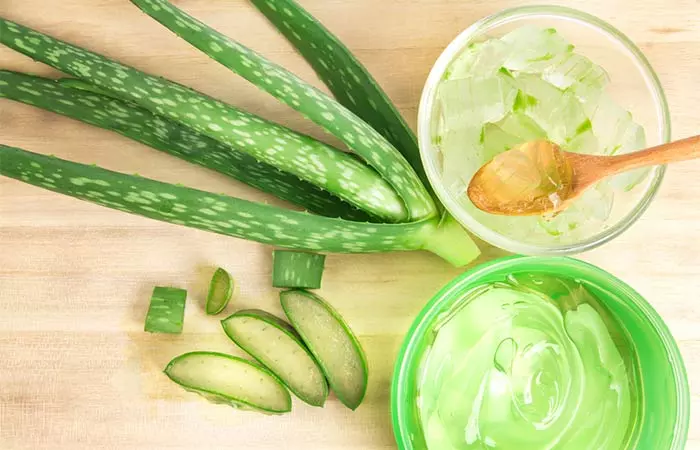
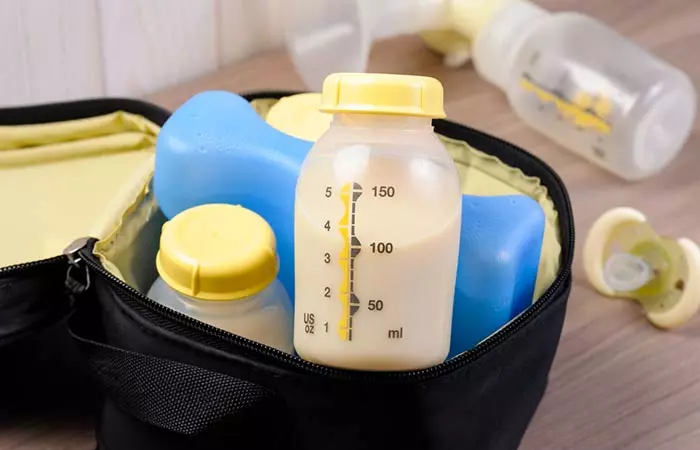

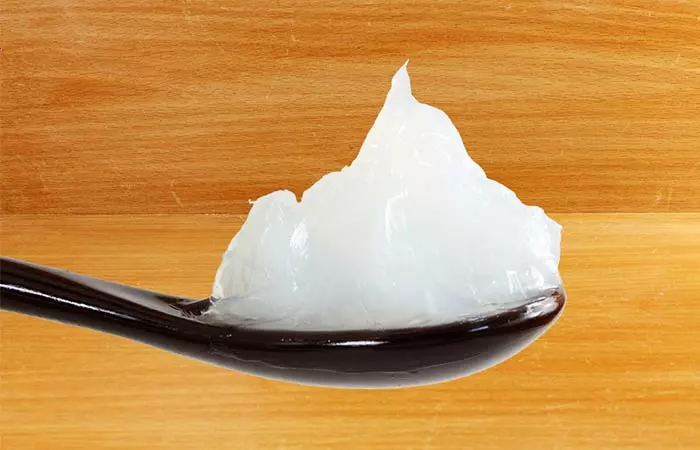

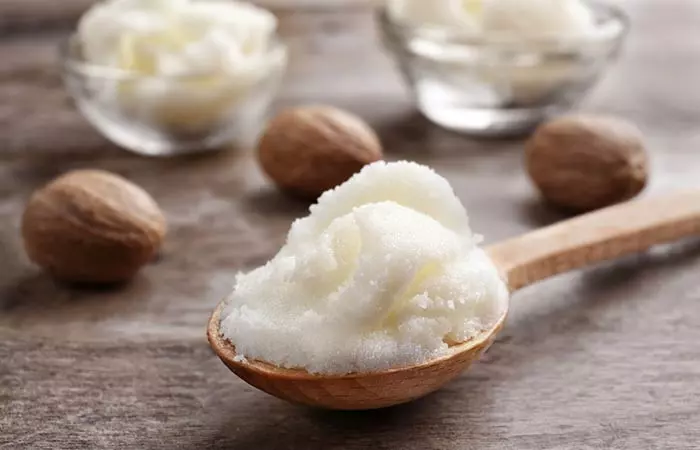

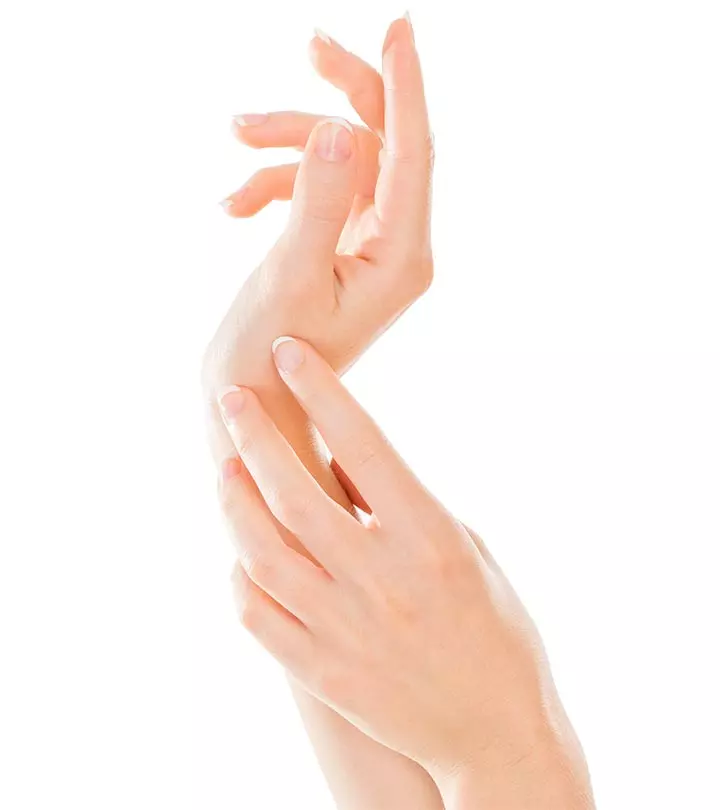
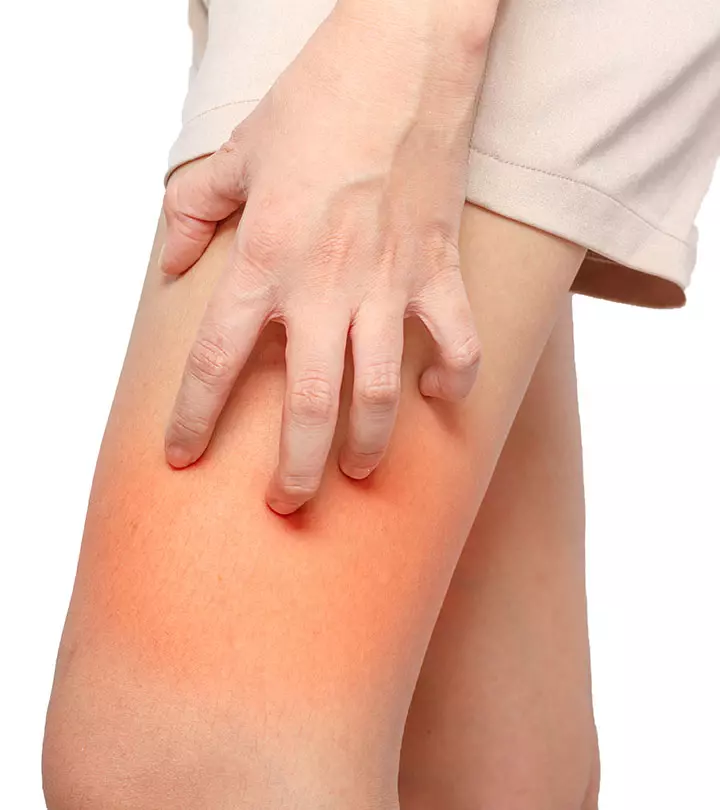
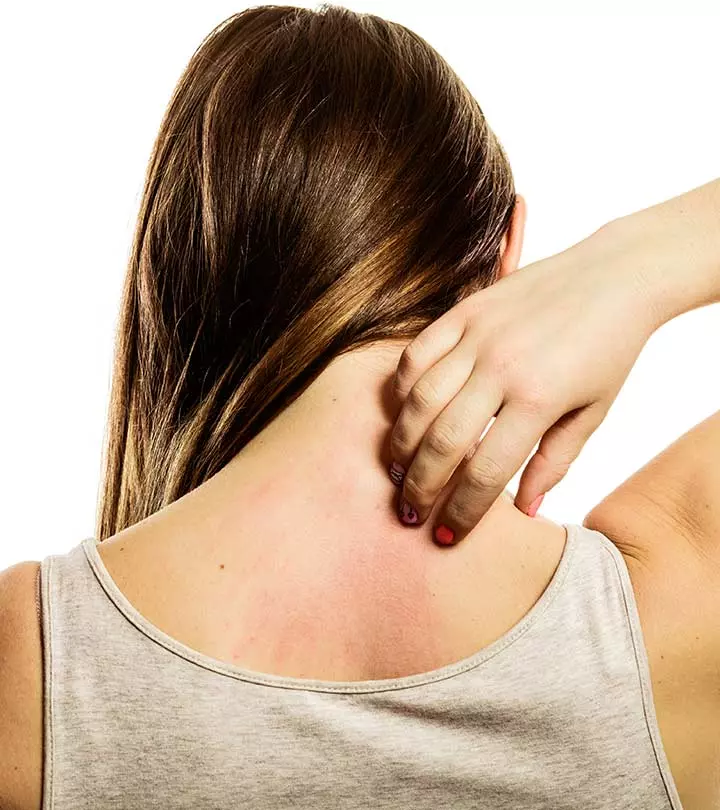

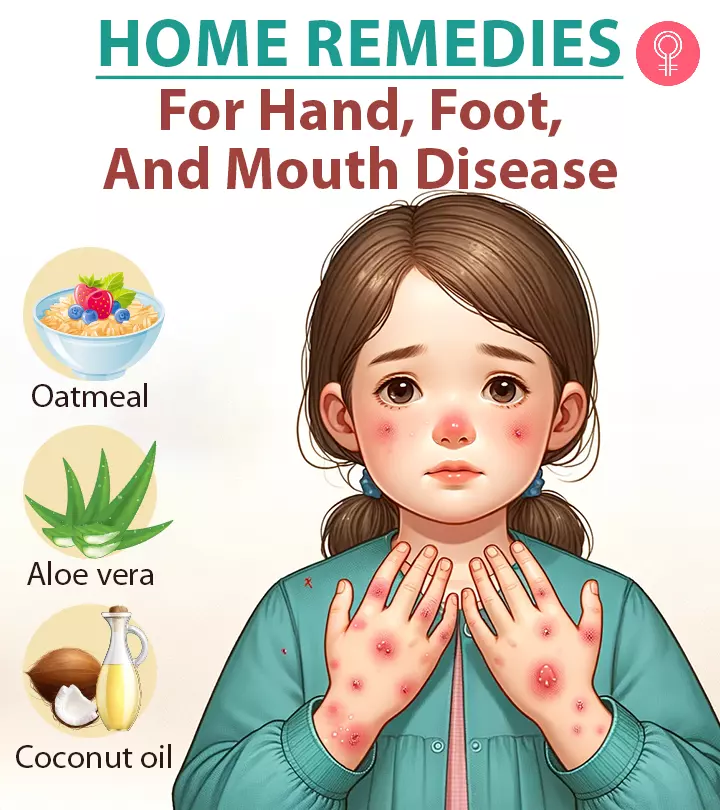
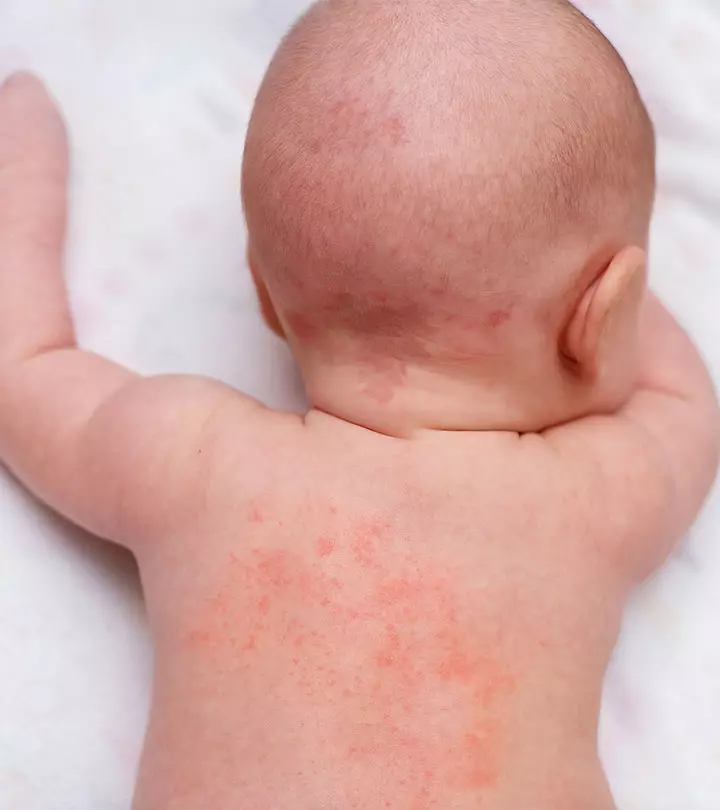
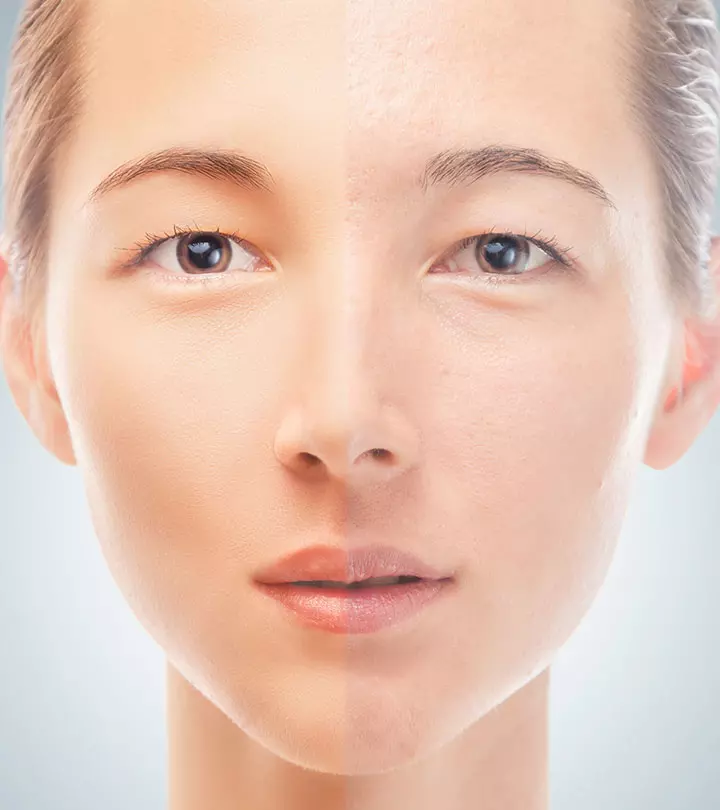
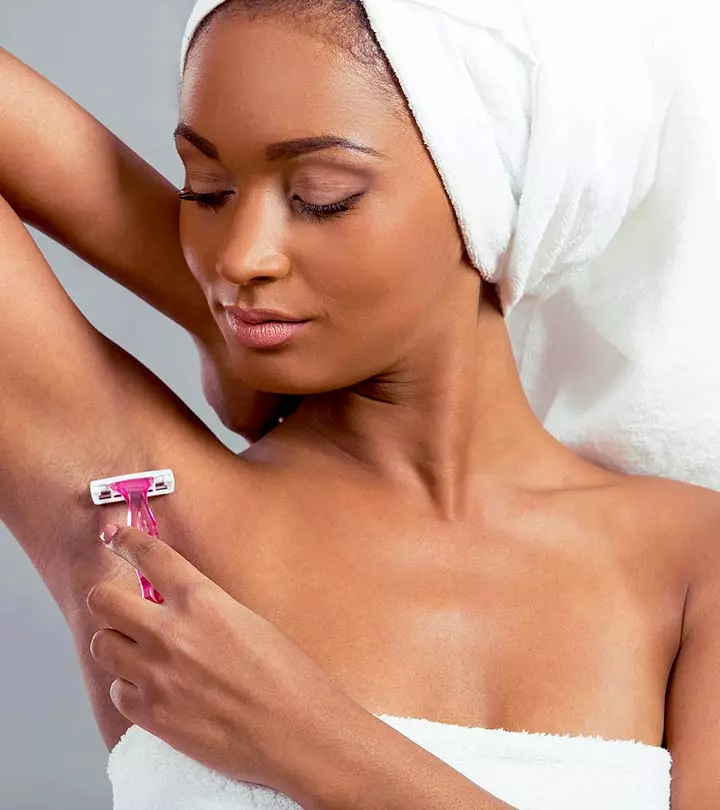


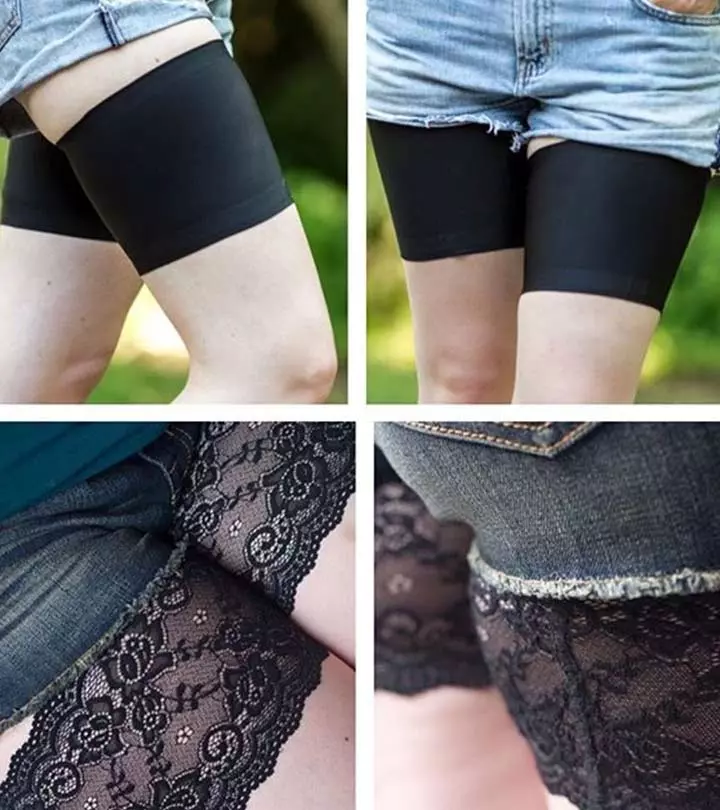



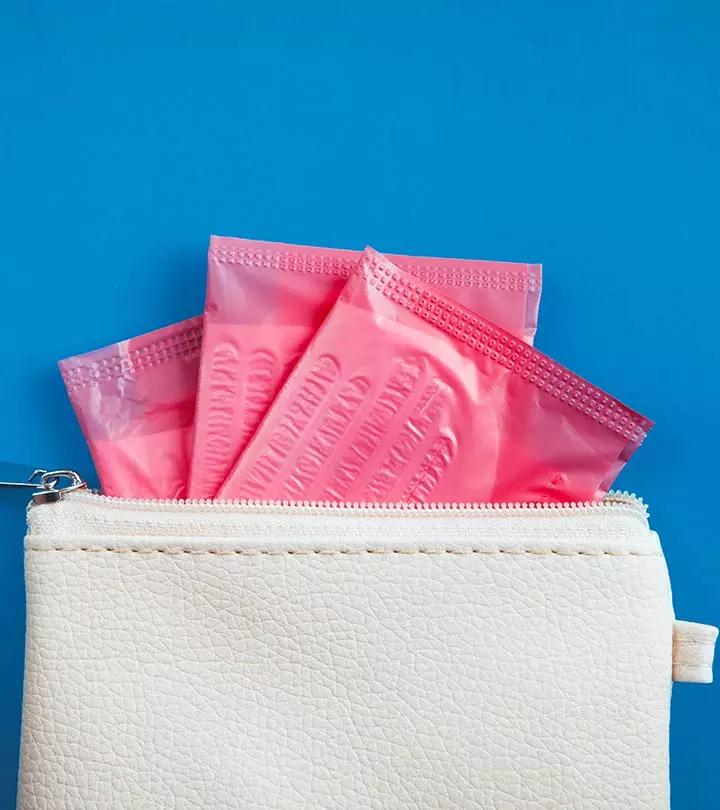




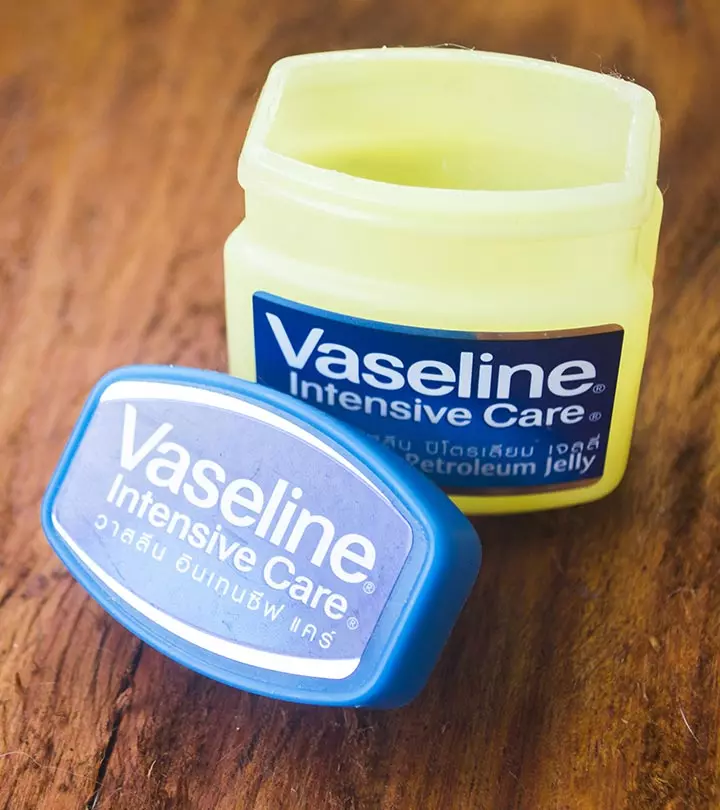


Community Experiences
Join the conversation and become a part of our empowering community! Share your stories, experiences, and insights to connect with other beauty, lifestyle, and health enthusiasts.